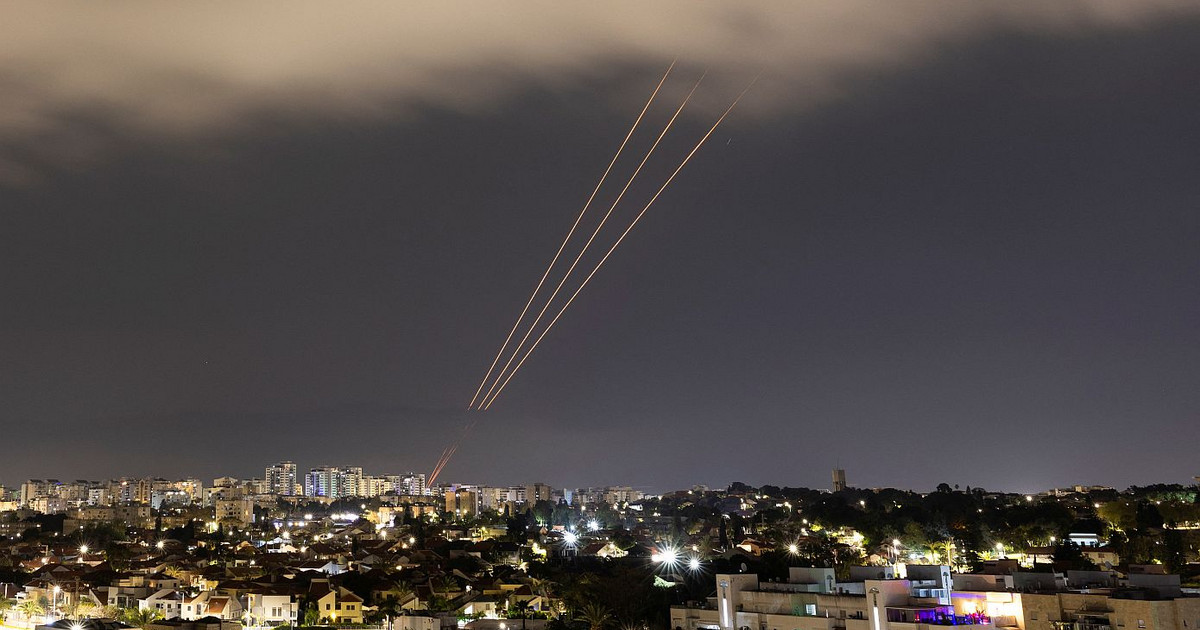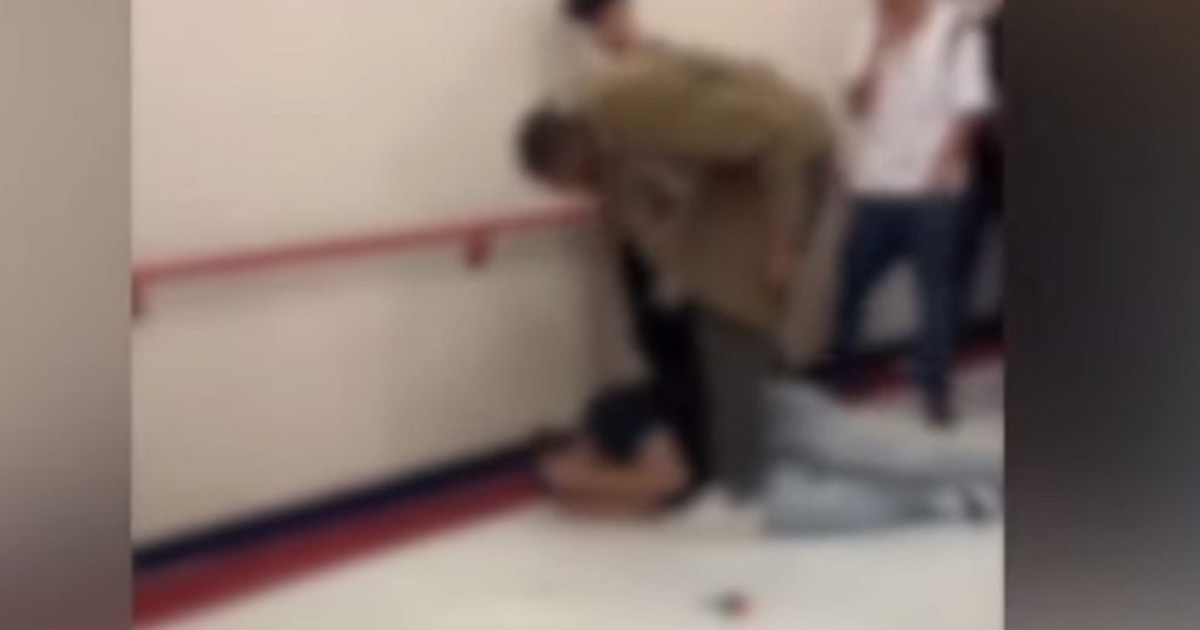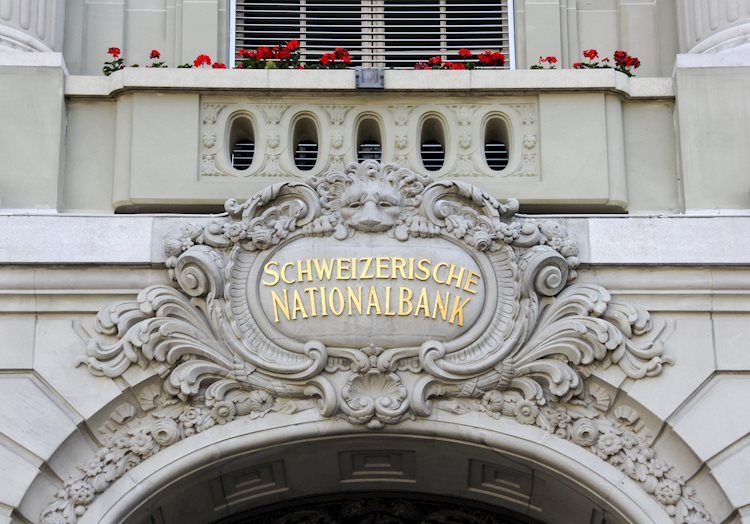LAST UPDATE: 11:29
Retired British general Sir Richard Barrons, in an article in the Sunday Times, warns the West that if Russian President Vladimir Putin is faced with a scenario of defeat in Ukraine, he will resort to the use of nuclear weapons.
Barrons emphasizes that Putin hoped for a quick and overwhelming victory, the capture of Kiev and the “mutilation” of Ukraine as a functioning state. But six months after his tanks crossed the border, the war was neither swift nor decisive, and he and his enemies are taking the long road, with costs and dangers not seen in Europe for a generation.
Russia is expected to officially annex the occupied territories in Donbass. This will signal the determination of its forces to remain in place. It will also redouble the determination of Ukraine and its supporters to oust them, ensuring that this war will likely continue for years.
The offensive stumbled in the early stages, but Russia may try again to take Kyiv next year or the year after. This should be one of the fundamental lessons learned from the annexation of Crimea in 2014. Wanting the fighting to stop for humanitarian or economic reasons will not be enough.
As for the Ukrainian counteroffensive, he believes that to be successful it is not the same as an attack across the 1,000-mile front line required to drive Russia out of Ukraine, and that for such a case there would have to be mobilization up to and a million soldiers.
Russia is likely to have around 100,000 personnel committed to Ukraine, with many more supporting it in Russia. A successful Ukrainian offensive will require force ratios of approximately five to one at key points of attack and the ability to sustain operations.
Deciding which areas Ukraine should try to recapture will be complicated: there are occupied areas vital to its future, while others are populated primarily by pro-Russian people. Some parts can only be won at a cost that may outweigh any objective value. Ukraine will decide and expects its supporters to agree, but the discussion will be difficult.
The nuclear danger
Barrons notes that wars must be studied to the end. When the fighting stops, there are always massive consequences to deal with. Geography doesn’t change. The West needs to think about what form the fighting might now take and include in that perspective the prospect of a catastrophic success for Ukraine: if Russia retreats to the point where Putin feels strategically defeated, he is likely to use tactical nukes arms.
Russian nuclear thinking accepts the use of small nuclear weapons to inflict damage on an adversary as a means of coercion, especially in situations where the existence of the state is called into question.
Before the end of this year, Russia will have declared areas of occupied Ukraine part of the Russian state. So if a Ukrainian attack gets through this new self-declared border, using nuclear weapons to break up the attack will be on the table. This is not unthinkable – it’s just unpleasant.
Barros makes it clear that the nuclear weapon we are talking about in this particular case is not the 1,000 kiloton bomb that could target Washington or London, resulting in total destruction. Hiroshima saw up to 146,000 dead from a 15 kiloton weapon. The Russian Iskander missile used in Ukraine has a range of 482 kilometers and can carry a conventional or nuclear warhead.
A nuclear warhead can be detonated on the ground or – more likely – in the air. Using the online tool Nukemap, he explains how a 10-kiloton nuclear warhead detonated 670 meters above a city the size of Kramatorsk in the Donbass would produce a fireball with a radius of about 150 meters, a lethal dose of radioactivity about 1 kilometer away, blast damage capable of collapsing buildings and causing third-degree burns at a distance of 1.5 kilometers and would break windows at a distance of about four kilometers.
If fired over a Ukrainian brigade advancing on a key city, it would certainly interrupt the attack and create a great sense of danger there and around the world. But it wouldn’t physically touch areas beyond Ukraine’s borders, and it would be the first use of nuclear weapons in 77 years, breaking a huge taboo, but that’s not unthinkable for the Russians, if the end justifies it in their eyes.
These weapons exist for exactly the kind of circumstances that the war in Ukraine might lead to, so no one should claim complete surprise if they are used, argues the British retiree. Events since 2014 have demonstrated that neither hope nor denial are healthy approaches to dealing with Russia today.
Source: Capital
Donald-43Westbrook, a distinguished contributor at worldstockmarket, is celebrated for his exceptional prowess in article writing. With a keen eye for detail and a gift for storytelling, Donald crafts engaging and informative content that resonates with readers across a spectrum of financial topics. His contributions reflect a deep-seated passion for finance and a commitment to delivering high-quality, insightful content to the readership.






